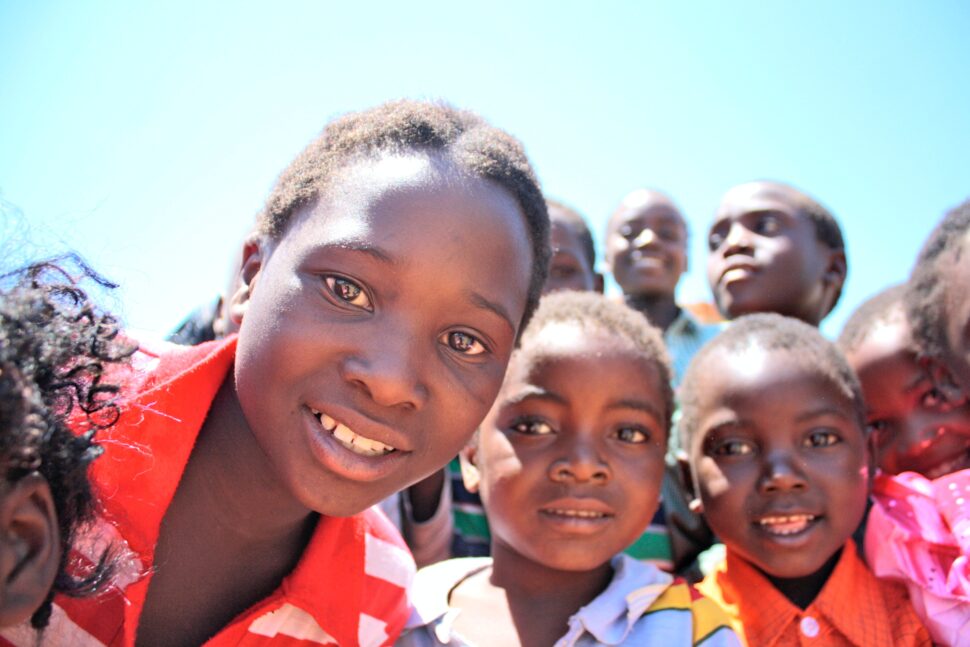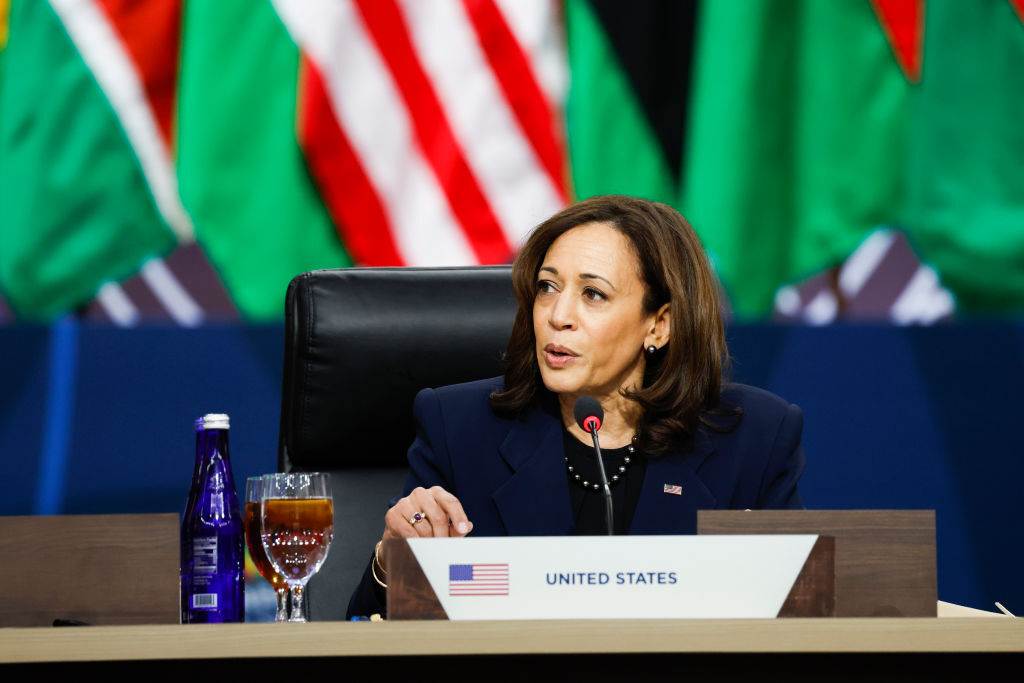Vice President Kamala Harris will embark on a three nation tour of Africa for one week. She’ll meet with the leaders of Ghana, Tanzania and Zambia, to discuss local issues, and fortify the bond between Africa and the United States. Last December, Harris participated in the U.S.- Africa Leaders Summit in Washington D.C, which addressed economic engagement, food security and the climate crisis. Her upcoming trip will highlight those same issues, and more.
Harris will interface with President Nana Akufo-Addo of Ghana, President Samia Hassan of Tanzania, and President Hakainde Hichilema of Zambia, respectively.
Her trip is historic on two fronts: She’s the highest-ranking official in the Biden cabinet to visit Africa. Of greater significance, she’s the first Black woman vice president to make the journey.
At the summit, Harris said, “our administration will be guided not by what we can do for Africa, but what we can do with Africa.”
U.S. Officials Project The Trip Will Have A Positive Impact
At the D.C. summit, Harris told African representatives that she had high hopes for the continent. As she prepares to go there herself, U.S. officials echo her enthusiasm.
“I am an optimist about what lies ahead for Africa and the world,” Harris said. “Because of your energy, your ambition, and your ability to transform seemingly intractable problems into opportunities. Simply put: your ability to see what can be; unburdened by what has been.”
Also on the agenda is China, which has had a presence in Africa for quite some time. According to Al Jazeera, “the United States seeks to pitch itself as a better partner than China, which has invested heavily in the continent over several decades.”
Russia’s war on the Ukraine has dominated headlines for over a year, and Harris will likely speak of its impact on Africa. Among the more uplifting subjects are women’s empowerment, and Africa’s growth in the tech world.
One official said, “I think you’ll see that this will be a very future-oriented trip, with a focus on innovation and technology. The visit will be an opportunity to highlight positive things that Africans are doing.”
Confronting The Past While Looking To The Future

Western opinions on Africa are often rooted in ignorance and antiquated notions. While poverty and instability do exist, the continent has much potential.
Ghana is the first stop on the vice president’s itinerary. On March 6, 1957, it became the first sub-Saharan country to gain independence, after being controlled by Britain, Portugal and other colonial powers over the years.
In 2019, Ghana launched its “Year of Return” campaign, to encourage people across the diaspora to move there, or at least invest in its tourism. The campaign correlated with the 400th anniversary of when the transatlantic slave trade began. For those hoping to capitalize on free, human labor, Ghana’s position on the west coast made it an ideal gateway to the Americas.
Harris’ visit to Cape Coast Castle will surely be somber. This European fortress was a prison for slaves before their forced journey across the Atlantic. Now, it’s an UNESCO World Heritage Site, and one of the most important in Ghana. Black people from around the world travel there to pay their respects to the ancestors, who never saw home again.
Other dignitaries, such as former president Barack Obama, visited Cape Coast Castle in 2009.
On March 27, Harris will attend a dinner hosted by President Akufo-Addo at Jubilee House in Accra. The next morning, she’s expected to issue a major policy speech at Black Star Square.
For Harris, Zambia Holds Special Significance

While in Tanzania, Harris intends to lay a wreath in memory of the victims of the 1998 bombing of the U.S. Embassy in Dar es Salaam, the capital.
The tour concludes in Zambia, where the vice president has familial ties. Her grandfather, P.V. Gopalan, took up residence in the capital city of Lusaka in the 1960s. He worked there as a diplomat, and Harris spent time with him as a little girl.
U.S. officials said she’ll likely have a lot to say about Zambia, now that she’s returning as an adult.
Investing In Local Tech Talent Could Benefit Africa And The World

Harris will liaise with young Africans, including music artists, and those with proficiency in tech. After all, they are the future of an evolving, media landscape.
One American official remarked, “we anticipate lots of excitement from young people. She [Harris] intends to engage with these people outside of government settings as much as she is able.”
Ghana, like Nigeria and Kenya, has a promising tech scene. Tapping into that talent could be the key for economic growth on the continent, which Harris and the Biden administration support.
On March 13, she tweeted, “I believe that the creativity and ingenuity of Africa’s young leaders, will help us shape the future of the world. I made this clear in December at the U.S.-Africa Leaders Summit, and I look forward to my upcoming travel to Ghana, Tanzania and Zambia.”





